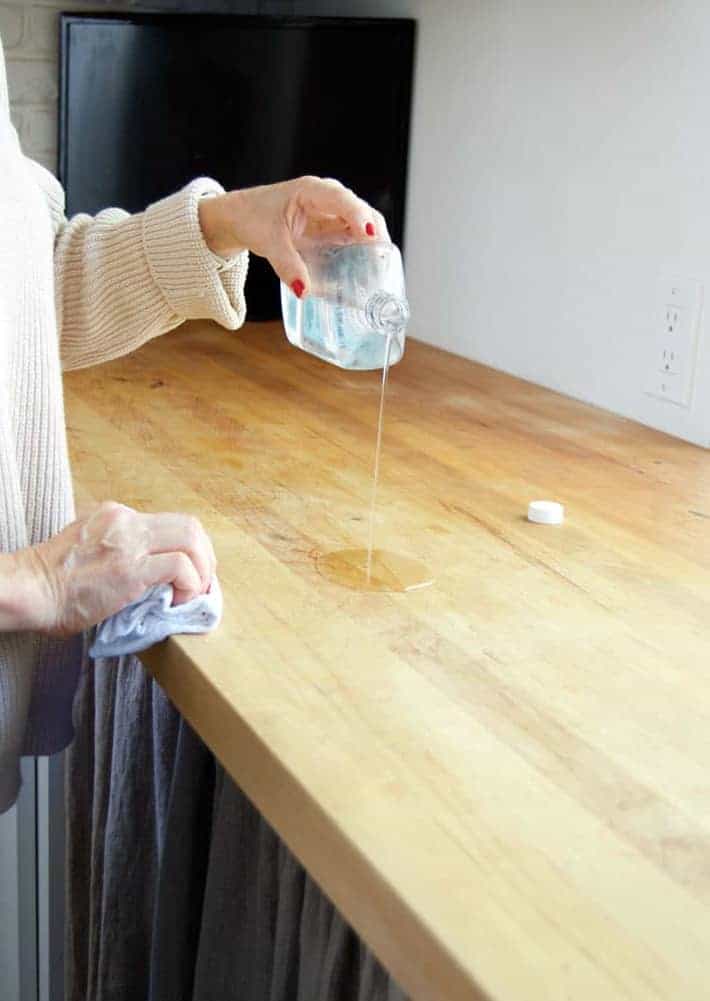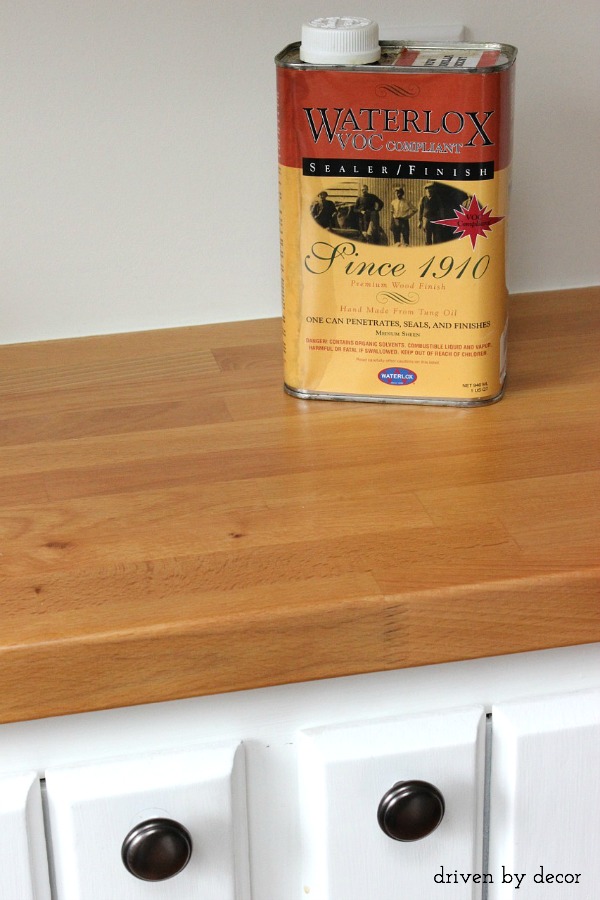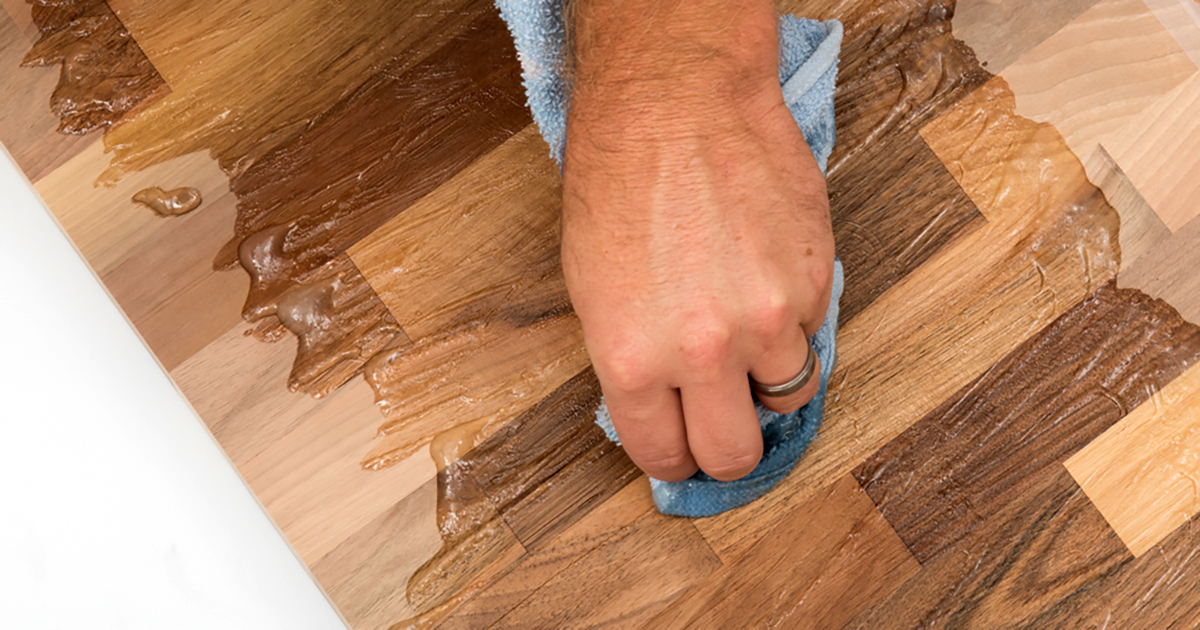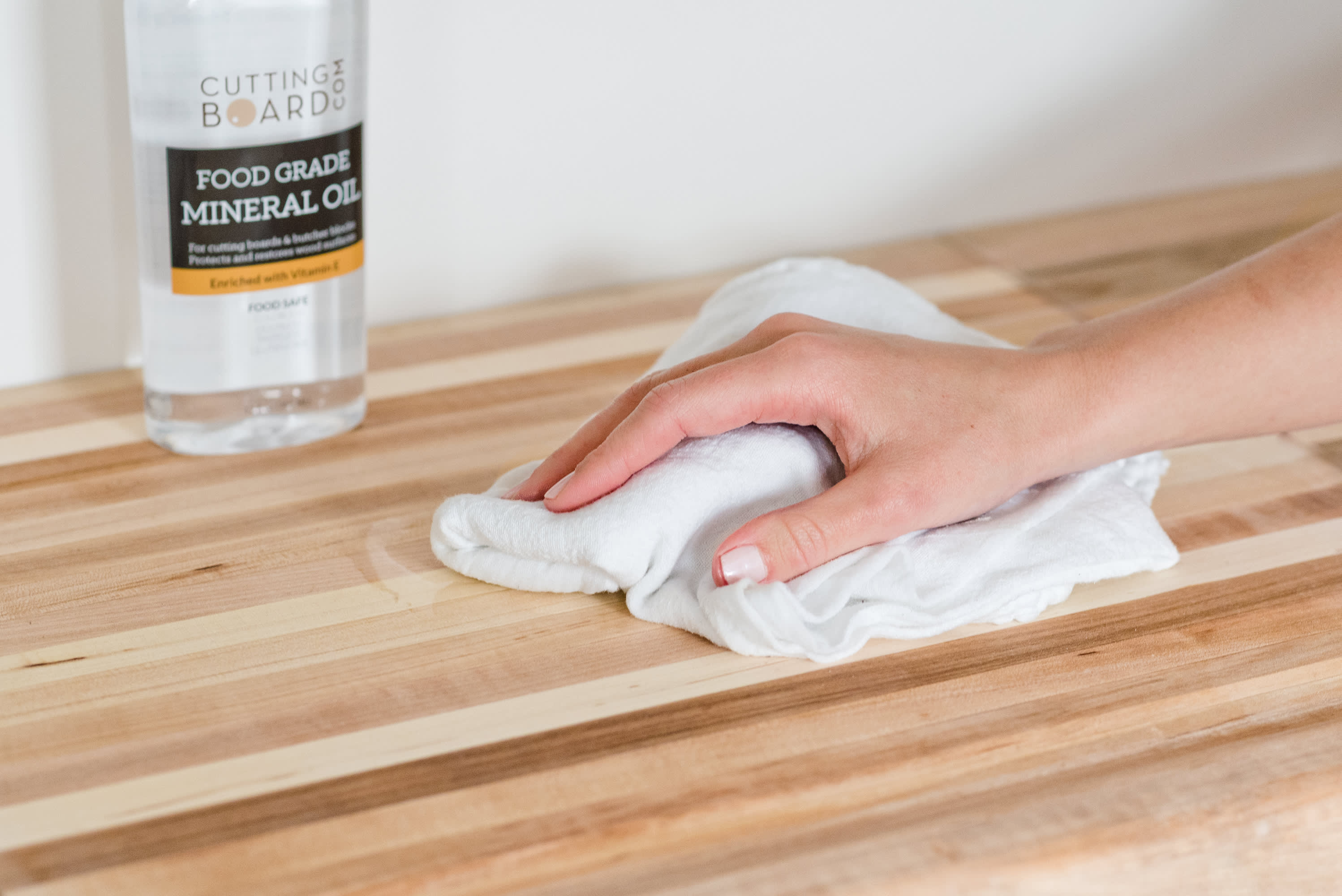When it comes to maintaining and preserving the natural beauty of your butcher block countertops, one of the key elements to consider is the use of butcher block countertop oil. These countertops, often made from hardwoods like maple, oak, or walnut, offer a warm and inviting aesthetic in kitchens. However, to keep them looking their best and ensure their longevity, regular oiling is essential. In this comprehensive discussion, we will explore the importance of butcher block countertop oil, the types of oils you can use, the application process, and some tips to help you make the most of this vital maintenance step.
Butcher block countertop oil serves a crucial purpose in wood care. As wood is a porous material, it can absorb moisture, food particles, and stains, making it susceptible to damage and bacterial growth. The oil acts as a protective barrier, sealing the wood and preventing these issues. It also enhances the natural color and grain of the wood, making your countertop even more visually appealing. Furthermore, when using food-grade oils, your countertop remains safe for food preparation, making it an excellent choice for kitchen surfaces.
One of the most common types of oil used for treating butcher block countertops is mineral oil. Mineral oil is a colorless and odorless oil that is safe for direct contact with food. It’s readily available, affordable, and easy to apply. Mineral oil penetrates the wood, moisturizing it and enhancing its natural beauty. However, it’s important to note that mineral oil requires regular reapplication, especially during the initial stages. This is because the wood will absorb more oil in the beginning as it becomes fully saturated.
Another popular choice for butcher block countertop oil is pure tung oil. Tung oil is a natural drying oil derived from the seeds of the tung tree. It is a bit more expensive than mineral oil, but it offers excellent protection and durability. Tung oil penetrates deep into the wood and hardens to form a tough, water-resistant surface. This makes it a great option if you want a more long-lasting solution that requires less frequent reapplication. However, tung oil may slightly darken the wood and create a soft, satin finish.
For those who prefer a more natural and eco-friendly approach, walnut oil is an excellent choice for butcher block countertop maintenance. Walnut oil is derived from walnut tree nuts and is safe for food contact. It provides a warm, rich finish that enhances the wood’s natural colors. Walnut oil is also known for its ability to resist rancidity, which is a valuable feature in a kitchen environment.

Linseed oil is another option for sealing and protecting your butcher block countertop. It’s derived from flax seeds and has been used for centuries as a wood treatment. Linseed oil creates a beautiful, amber-hued finish, which adds a classic, timeless look to your countertop. However, it’s essential to use boiled linseed oil, as raw linseed oil can take a very long time to dry. Boiled linseed oil is mixed with solvents to speed up the drying process.
The application of butcher block countertop oil is a straightforward process, but it should be done with care. Before applying the oil, make sure your countertop is clean and dry. Sanding the surface with fine-grit sandpaper can help prepare the wood for the oil by creating a smooth and even surface. After sanding, remove any dust or debris from the countertop.
To apply the oil, use a clean, lint-free cloth or a sponge. Pour a small amount of oil onto the surface and spread it evenly in the direction of the wood grain. Ensure that the entire countertop is covered. Let the oil soak into the wood for about 20-30 minutes. Then, wipe away any excess oil with a clean cloth. Repeat this process a few times until the wood appears saturated and the surface is no longer absorbing the oil.
After oiling, allow the countertop to dry and cure for at least 24 hours. During this time, it’s crucial to avoid placing heavy objects on the surface or using it for food preparation. This curing period allows the oil to fully penetrate the wood and create a protective barrier.

The use of butcher block countertop oil is vital for the proper maintenance and longevity of these beautiful wooden surfaces. Whether you choose mineral oil, tung oil, walnut oil, or linseed oil, the key is to perform regular oiling to protect the wood from moisture, stains, and bacterial growth while enhancing its natural beauty. The choice of oil depends on your preferences for appearance, durability, and maintenance routine. With the right oil and proper care, your butcher block countertop can remain a centerpiece in your kitchen, offering both functionality and visual appeal for years to come.
The complete guide to maintaining butcher block countertops.

Sealing Butcher Block Countertops: Waterlox vs. Mineral Oil

How We Refinished our Butcher block Countertop – Chris Loves Julia

How to Make a Butcher Block Countertop Food Safe – Hardwood

How to Oil Butcher Block Countertops

The Baltic Butcher Block 96-in x 24.96-in x 1.75-in Unfinished Natural Straight Butcher Block Birch Countertop

Related articles:
- Pine Butcher Block Countertops
- Butcher Block Countertops Walnut
- Maple Butcher Block Countertops
- Care Of Butcher Block Countertop
- Butcher Block Countertops Maintenance
- Antique Butcher Block Countertops
- Butcher Block Countertop Sealing
- Wood Butcher Block Countertop
- Thick Butcher Block Countertop
- How To Finish A Butcher Block Countertop
